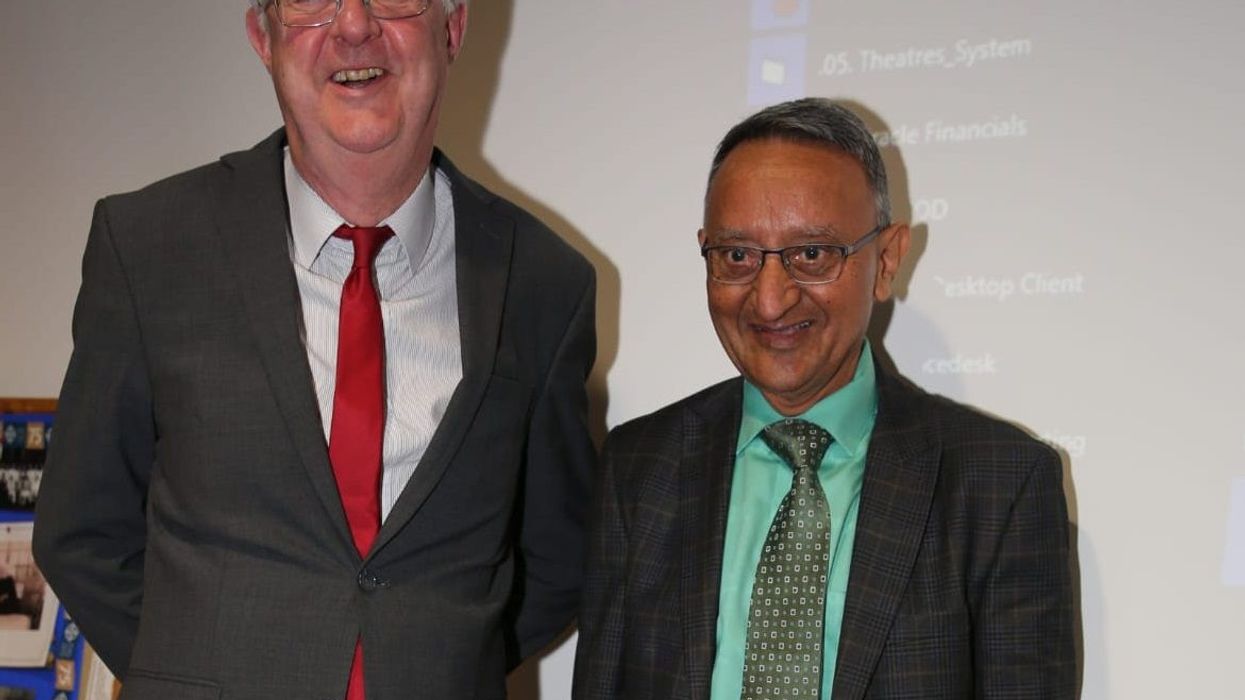First Minister of Wales, Prof Mark Drakeford MS, recognised Professor Hasmukh Shah BEM for his long-standing service to the NHS at a BAPIO (British Association of Physicians of Indian Origin) event in Wales last Sunday (30).
Shah has worked for almost 50 years in NHS and was recognised for his services in the 2018 Queen's Birthday Honour’s list with a British Empire Medal (BEM).
He was awarded a visiting professorship by the University of South Wales in 2022 for his long-standing contribution to primary care, medical education, and leadership in Wales.
He is the secretary of BAPIO, Wales and champions the work of Indian doctors in the country.
Shah was invited by the Welsh government to join as an expert in the first minister's BAME Covid-19 advisory group and risk assessment subgroup from April 2020 to April 2021, which provided leadership and support to the government in formulating Wales’s Covid-19 risk assessment tool and race equality action plan.
Shah is a trustee of the Sanatan Dharma Mandal and Hindu Community Centre, Cardiff, Vale for Africa, Calon Heart Screening and Defibrillators and Race Council Cymru charities and a past chair of the Megafocus group (minor ethnic association for ophthalmic care).
At last weekend’s NHS-75 celebration at Royal Glamorgan Hospital, Llantrisant, Wales Mrs Morfudd Meredith, Lord-Lieutenant of South Glamorgan and Jane Hutt MS CBE, minister for social justice and the chief whip were also present.




